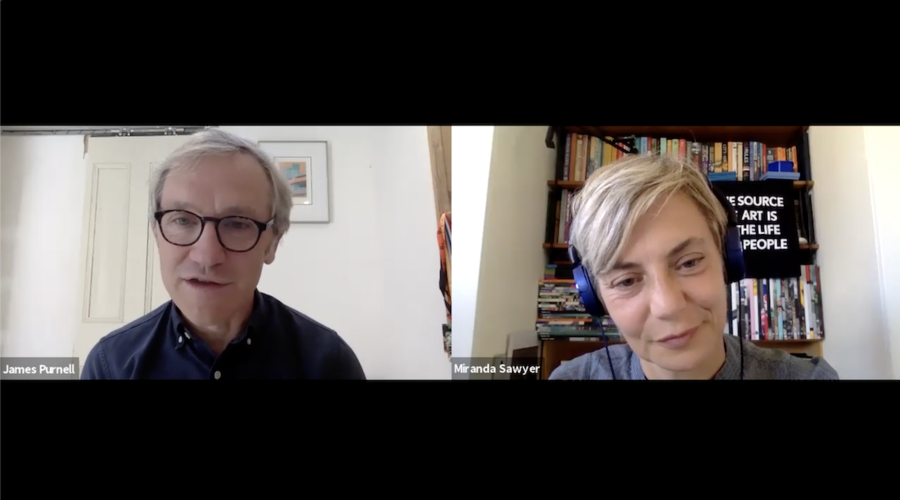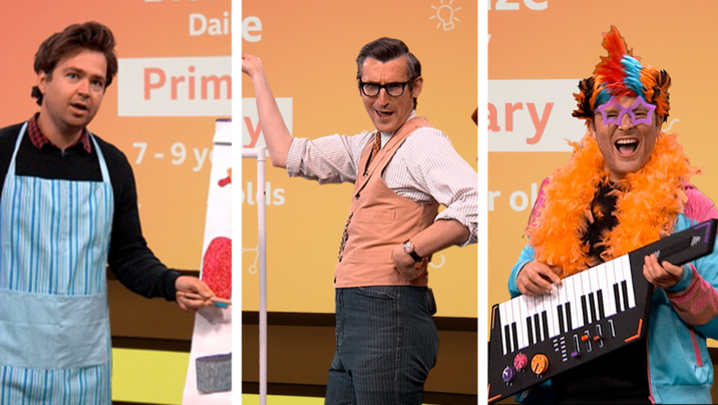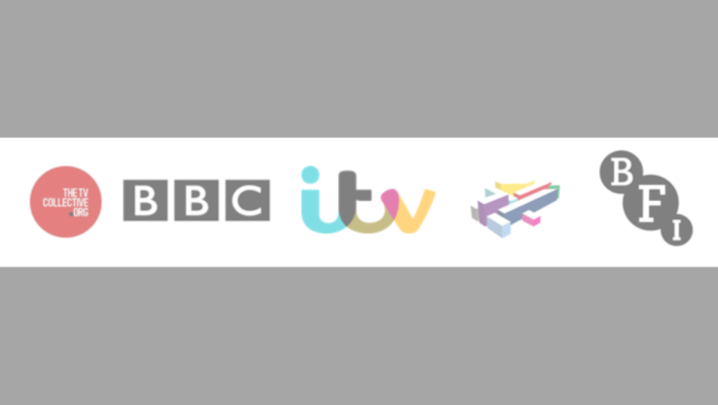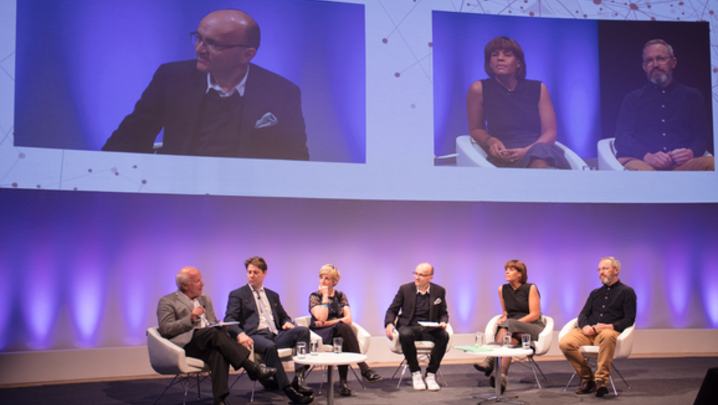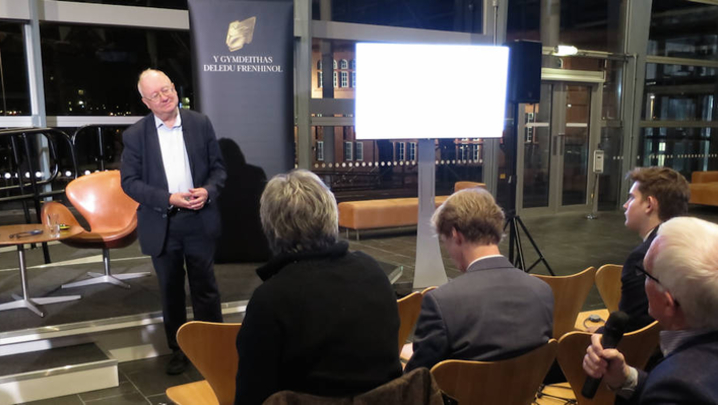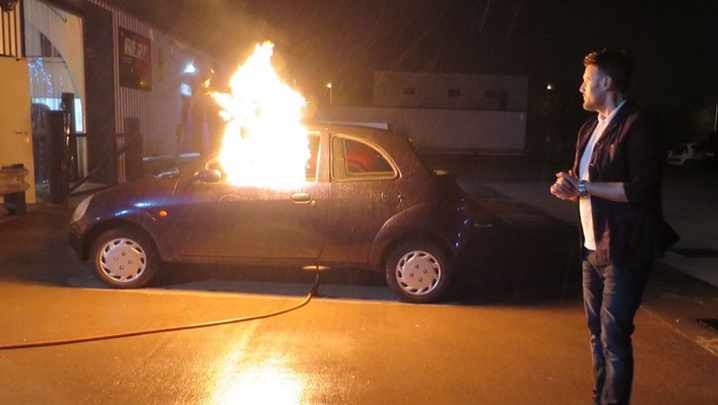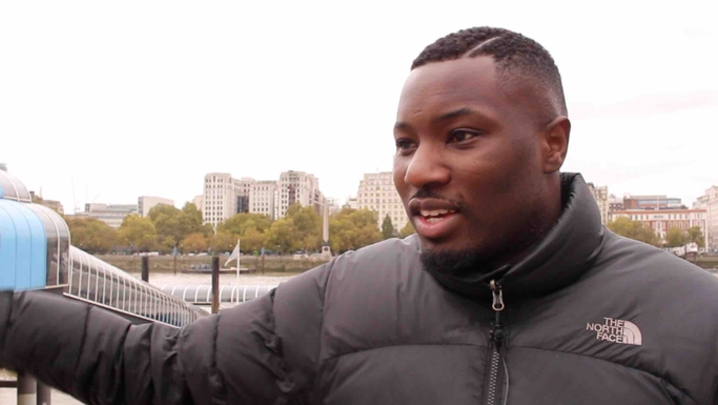The BBC can learn lessons from the speed in which it set up its Bitesize Education service during lockdown.
Speaking at an RTS webinar the BBC’s director of Radio and Education, James Purnell, said that the organisation effectively moved overnight to launch its popular and widely acclaimed home education initiative.
“Amazingly we provided an entirely new education service in lockdown – ten hours of new TV a week, 150 lessons a week, which hit a chord with the public,” he said.
Bitesize Daily lessons attracted record numbers as three million children tuned in on day one.
This rapid response involving celebrities like David Attenborough, Danny Dyer and Marcus Rashford delivering lessons was based on cutting through traditional BBC processes and regulatory hurdles.
“We were just able to think about what the audience needed,” Purnell said. “We found the money quickly...
“In difficult circumstances we were able to move faster than sometimes we can. It was a moment of crisis which galvanised people.
“The commercial sector was brilliant in saying ‘Fine, you can use our content.’ We cut through a whole bunch of licensing and rights issues.
“I do think there is a general lesson for the future in how we can move quickly.”
He added: “Once you’ve seen yourself do it…We created a new education service in four weeks, maybe we can bring that to our business as usual.”
Purnell acknowledged that Bitesize Daily’s success had helped enhance the BBC’s reputation during what had been in the months before lockdown a politically difficult time for the corporation.
Purnell denied that BBC was “in peril” but acknowledged that it faced “jeopardy”, particularly from the US streamers and tech companies.
But lockdown had bolstered the BBC’s reputation. “Public service broadcasting is important in normal times but in a moment of crisis we are really reminded why we need public service media,” said Purnell.
He revealed that at the beginning of the pandemic the BBC had considered closing some of its radio stations due to the difficulties of the technical challenges of staff working from home and the problems involved in travelling to studios.
Purnell declined to say which radio networks were earmarked to stop broadcasting, but implied that Radio 4 and Radio 2 were both regarded as priorities.
“At one point we were planning to close down various stations but because of the flexibility and ingenuity of our technical staff we suddenly found that a lot could be done from home,” explained Purnell.
“Obviously, we would prioritise stations that were providing information and those with the biggest audience,” he added.
In the early days of lockdown Radio 4 and Radio 5 Live’s popularity had increased. Later specialist music stations Radio 1 Extra, Radio 3 and Radio 6 Music had benefited.
“Overall, we’re broadly stable,” he said, “but listening time is up compared with before lockdown.”
In Conversation with James Purnell was an RTS webinar held on July 30. The interviewer was Miranda Sawyer, radio critics of The Observer. The session was produced by Sue Robertson and Martin Stott. A full report will be published in the September issue of Television.

